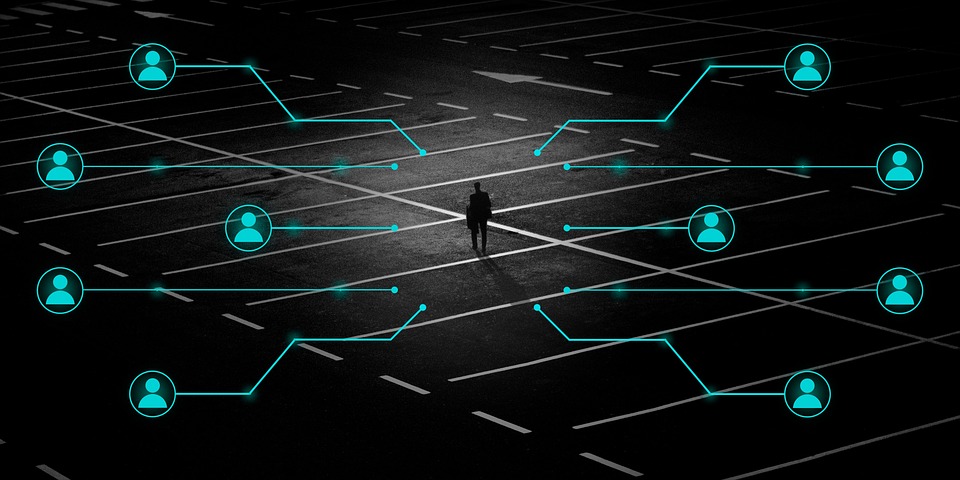The Intersection of Metaverse and blockchain: Creating a Seamless Online Experience
In recent years, the concept of the Metaverse has gained immense popularity. Coined by Neal Stephenson in his science fiction novel “Snow Crash,” the Metaverse refers to a Virtual reality space where users can interact with a computer-generated environment and other users in real-time. This virtual world can be accessed through various devices such as smartphones, tablets, and Virtual reality headsets.
Simultaneously, blockchain technology has emerged as a revolutionary innovation in the digital world. Initially known for its application in cryptocurrencies like Bitcoin, blockchain has proven to have far-reaching implications in various industries, from finance to supply chain management. Its decentralized nature and security features make it an ideal technology for creating trust and transparency in online interactions.
Now, the intersection of the Metaverse and blockchain is opening up exciting possibilities for creating a seamless online experience. By integrating blockchain technology into the Metaverse, developers can enhance security, ownership rights, and even monetization within virtual worlds.
One key advantage of using blockchain in the Metaverse is the ability to create and enforce digital scarcity. In traditional online environments, it is challenging to establish the uniqueness and scarcity of digital assets. However, by utilizing blockchain‘s tokenization capabilities, developers can assign unique digital assets to users, ensuring that they cannot be duplicated or counterfeited. This feature opens up possibilities for creating virtual economies within the Metaverse, where users can buy, sell, and trade digital assets with confidence.
Additionally, using blockchain technology can grant users true ownership of their virtual assets. In many current virtual worlds, users are at the mercy of the platform providers, who can revoke access or change the rules at any time. By leveraging blockchain‘s decentralized nature, users can have complete control over their digital assets, eliminating the risk of losing them due to platform shutdowns or policy changes. This ownership extends to virtual land, virtual goods, and even virtual identities, empowering users to truly invest in and shape the Metaverse.
Moreover, blockchain brings transparency and security to transactions within the Metaverse. With blockchain‘s distributed ledger, all transactions can be recorded and verified, eliminating the need for intermediaries and ensuring the integrity of the virtual economy. This transparency can also combat fraud and protect users from scams, creating a safer and more trustworthy environment for virtual interactions.
The integration of blockchain and the Metaverse also presents exciting opportunities for monetization. By using blockchain-based tokens or cryptocurrencies, users can earn and spend real value within virtual worlds. This opens up possibilities for creators and developers to monetize their virtual creations, allowing them to be financially rewarded for their contributions to the Metaverse. Additionally, users can participate in virtual economies, earning income through various activities such as trading, gaming, or creating virtual goods and services.
However, there are challenges that need to be addressed when combining the Metaverse and blockchain. Scalability is a significant concern, as the Metaverse requires handling massive amounts of data and transactions in real-time. blockchain networks need to be optimized to handle such high volumes efficiently. Interoperability is another challenge, as different virtual worlds and blockchain networks need to communicate seamlessly to enable cross-platform interactions and asset transfers.
Despite these challenges, the intersection of the Metaverse and blockchain holds immense potential for creating a seamless online experience. By integrating blockchain technology, developers can enhance security, ownership rights, and monetization within the Metaverse. Users can have true ownership and control over their digital assets, participate in transparent and secure transactions, and even earn real value within virtual worlds. As the Metaverse continues to evolve, the integration of blockchain will play a crucial role in shaping the future of online experiences.

